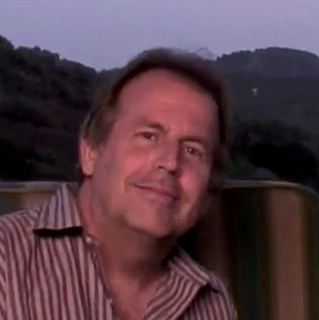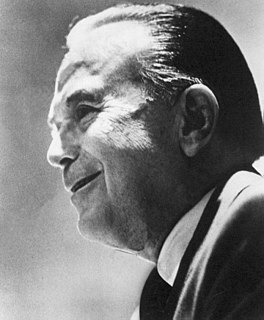A Quote by Terry Rossio
Mistakes are the byproduct of action - and thus an accurate gauge of effort.
Related Quotes
Learning is the first step in making positive changes within yourself. Other factors are conviction, determination, action & effort. Learning & education help develop conviction about the need to change & increase your commitment. Conviction then develops into determination. Next, strong determination leads to action: a sustained effort to implement the changes. This final factor of effort is critical.
One describes a tale best by telling the tale. You see? The way one describes a story, to oneself or to the world, is by telling the story. It is a balancing act and it is a dream. The more accurate the map, the more it resembles the territory. The most accurate map possible would be the territory, and thus would be perfectly accurate and perfectly useless. The tale is the map that is the territory. You must remember this.
A general “law of least effort” applies to cognitive as well as physical exertion. The law asserts that if there are several ways of achieving the same goal, people will eventually gravitate to the least demanding course of action. In the economy of action, effort is a cost, and the acquisition of skill is driven by the balance of benefits and costs. Laziness is built deep into our nature.
But the main point is that soldiers, after fighting for some time, are apt to be like burned-out cinders. They have shot off their ammunition, their numbers have been diminished, their strength and their morale are drained, and possibly their courage has vanished as well. As an organic whole, quite apart from their loss in numbers, they are far from being what they were before the action; and thus the amount of reserves spent is an accurate measure on the loss of morale.
This is what Wisdom means: To be changed without the slightest effort on your part, to be transformed, believe it or not, merely by waking to the reality that is not words , that lies beyond the reach of words. If you are fortunate enough to be Awakened thus, you will know why the finest language is the one that is not spoken, the finest action is the one that is not done and the finest change is the one that is not willed.
As you begin to take action toward the fulfillment of your goals and dreams, you must realize that not every action will be perfect. Not every action will produce the desired result. Not every action will work. Making mistakes, getting it almost right, and experimenting to see what happens are all part of the process of eventually getting it right.
There is not going to be, we can be quite certain, there's not going to be any action on reducing greenhouse gas emissions by China or India or Indonesia or Brazil unless all developed countries are making a major effort. It will still be a big job to get them in, even if we are all making the effort. But our making the effort is a necessary condition.
Here's a memonic device that I feel teaches how we can properly cope with failure. Forget about your failures; don't dwell on past mistakes Anticipate failure; realize that we all make mistakes. Intensity in everything you do; never be a failure for lack of effort. Learn from your mistakes; don't repeat previous errors. Understand why you failed; diagnose your mistakes so as to not repeat them. Respond, don't react to errors; responding corrects mistakes while reacting magnifies them. Elevate your self-concept. It's OK to fail, everyone does; now how are you going to deal with the failure






































